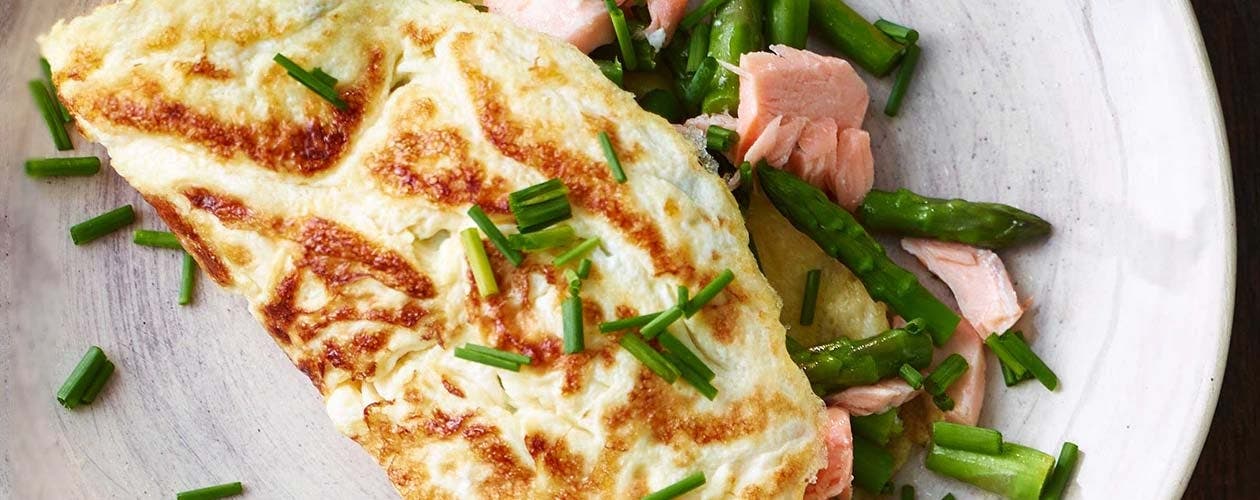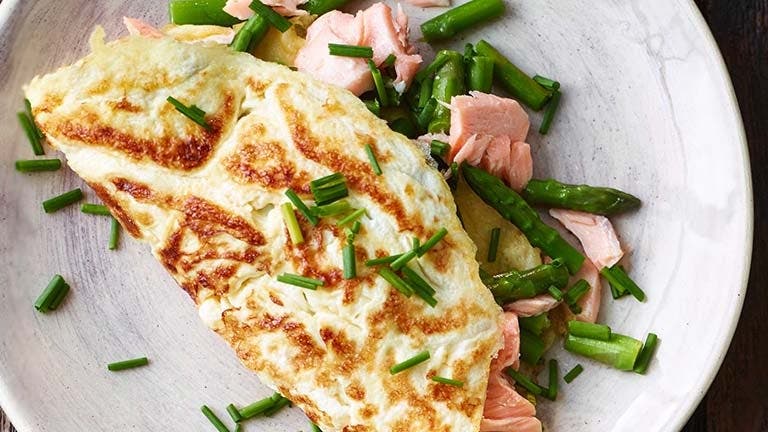The best pre-workout meals and snacks


What to eat before a workout
Consuming the right nutrients before you exercise helps you fuel your workout and optimise your training routine. If you’re feeling unsure about what to eat before a workout, here’s our detailed guide to optimal nutrition after workouts.
Why is pre-workout nutrition important?
Exercise takes a lot of energy, and your body has to source that energy from the food you eat. Therefore, it’s really important to ensure you’re consuming the right kind of pre-workout meal before you hit the gym or head out for a run. Giving your body the right nutrients will optimize performance and help you smash your workout!
What are the benefits of pre-workout nutrition?
Eating the right foods before a workout can help to:
- Optimise performance
- Improve energy levels
- Ensure you have adequate glycogen levels
- Stabilise blood sugars
- Increase neurotransmitters acetylcholine and dopamine for better focus
- Help you avoid hiccups, nausea, cramps and stitches
- Help you avoid ‘hitting the wall’
When to eat before a workout
The timing of your pre-workout meal or snack is an important part of pre-exercise nutrition. To maximise the results of your training, it’s a good idea to eat a proper meal consisting of carbs, protein and fat 2-3 hours before you exercise. If you’re eating between 1-2 hours before your workout, opt for something lighter and easy to digest - for example, a banana or a nutrition bar. Remember, everyone’s bodies are different, so it might take a bit of trial and error to determine what works for you.
Find out more about WW’s science-led approach to food!
What foods and drinks to eat before a workout
There are so many different pre-workout meal options to choose from, so it’s largely a case of personal preference. Try experimenting with different meals and snacks, depending on the types of exercise you’re doing and how far in advance you’re eating. Need some inspiration? Check out these great seasonal recipes and the suggestions below!
Pre-workout meals and snacks
If your workout is starting within 2-3 hours…
- A chicken or tuna sandwich with salad
- An omelette or scrambled egg on toast with avocado
- Lean protein, brown rice and roast vegetables
If your workout is starting within 1-2 hours…
- A peanut or almond butter sandwich
- Wholegrain cereal and milk
- A smoothie made with protein powder
If your workout is starting within an hour…
- A piece of fruit, such as a banana, orange or apple
- A nutrition or cereal bar
- Greek yoghurt
Browse our full range of WW recipes!
What foods and drinks to avoid before a workout
Try to avoid eating fried or greasy foods before a workout. Things like burgers or pizzas have high levels of saturated fats that are hard to digest. Eating these kinds of foods before exercising can lead to bloating or cramping. Similarly, fizzy drinks should be avoided. They cause the stomach to expand with gas, leading to indigestion.
Understanding macronutrients
When choosing what to eat before a workout, it’s good to consider what macronutrients make up the meal or snack. Carbs, proteins and fats each have specific benefits, and getting the right balance can help you get the most out of your workout.
Carbs
Your muscles use the glucose from carbs for fuel during your workout. For high-intensity cardio workouts, like running or spin classes, your glycogen stores are your muscles' main source of energy. Therefore, making sure your pre-workout meal or snack contains a good proportion of carbs will mean you're likely to put in a better performance.
Protein
During a workout, you're stressing your muscles and creating microscopic tears in the muscle tissue. By eating protein before you exercise, you're ensuring optimal muscle recovery. This is especially try for any resistance or weights-based workouts.
Fats
While carbs help to maximize glycogen stores for high-intensity workouts fat helps fuel your body for longer, less intense workouts. Fats can also help to slow digestion, which keeps insulin levels on an even keel.
